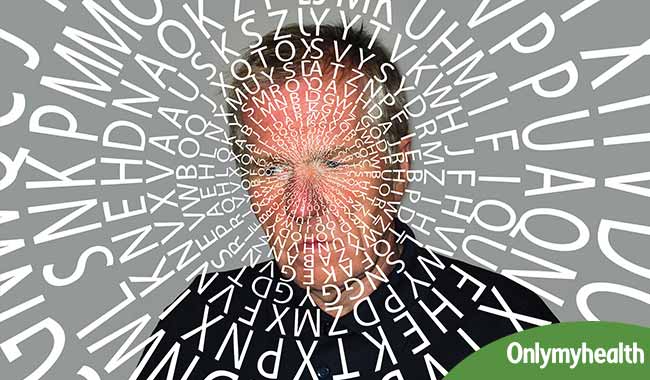
Dementia is diagnosed based on medical history, physical examination, a mental status exam, and lab and imaging tests. The doctor will do tests to identify if dementia is treatable. Even if dementia is caused by a condition that cannot be reversed, knowing the type of dementia helps the doctor prescribe appropriate medicines or other treatments. Treatment may not cure dementia but it may slow the progress and improve mood and behaviour.
Table of Content:-

Medical History
During a medical history, the doctor will try to find out if a physical problem, recent illnesses or other life events could be the cause of memory loss or other symptoms such as behavioural problems. If needed, the doctor may interview a close relative or friend to get the detailed history. The doctor may ask you about your medications (both prescription and over-the-counter, and including all vitamin, herbal, and dietary supplements). Some elderly people develop symptoms suggestive of dementia which are actually the result of taking medicines that don't work well together. During the physical examination, the doctor will note behaviour, personality, general appearance, the tone of voice etc. For example, people with frontotemporal dementia may display a lack of social awareness and loss of inhibition.
Mental Status Exam
The health professional will do a mental health assessment. These tests check your ability to perform simple and sequential tasks and orientation of time (day, month etc.) and space (or place where you are). The doctor may ask the person to do activities such as repeat a series of words, draw a clock face and count back from 100 by 7s. The doctor may interview the family member present during the exam regarding the person's day-to-day functioning, memory, and changes in personality. Certain tests such as Addenbrooke's Cognitive Examination may be done to differentiate dementia from other mental illness (such as Alzheimer's disease from frontotemporal dementia).

Lab Tests
Tests will be done to rule out treatable causes of dementia. Some blood tests which may be done, include:
- Thyroid function tests to check for an under-active thyroid.
- Vitamin B12 blood test to look for a vitamin deficiency.
- Complete blood count, or CBC, to look for infections.
- Liver function tests (ALT or AST) and kidney function test.
- HIV testing to look for AIDS.
- Toxicology screen on blood, urine, or hair to look for drugs or a heavy metal such as lead that could be causing problems.
Imaging tests: Brain imaging studies such as computed tomography scan (CT scans) and magnetic resonance imaging (MRI) scan to make sure that some other brain pathology (brain tumours, strokes, normal-pressure hydrocephalus) is not responsible for your symptoms. Some other tests which may be done include examination of your spinal fluid, electroencephalogram (EEG), positron emission tomography (PET) or single photon emission tomography (SPECT) scans.
Read Next
How to Prevent Sleep Disorders
How we keep this article up to date:
We work with experts and keep a close eye on the latest in health and wellness. Whenever there is a new research or helpful information, we update our articles with accurate and useful advice.
Current Version
